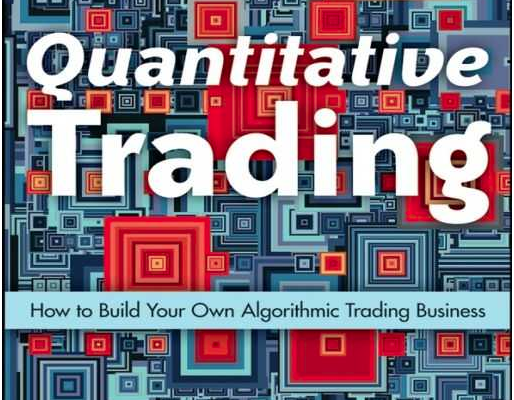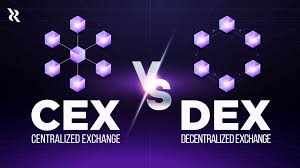About the book
Ernest P. Chan teaches quantitative trading and shows how an individual trader can be proficient in this type of trading and actually succeed in it. In the current market where rich, proficient investors rule the game, allowing almost not space to beginning traders, Chan teaches how novice traders can beat professionals at their own game.
This book is highly recommended for those who want to learn quantitative trading and apply it to real-life, whether you are an individual trader or looking to build a business out of it.
Review
This book is highly recommended for traders with a background in computer science and mathematics. It quickly delves into quantitative trading, which is why it is extremely useful if the reader already knows his way around the topic. The book is filled with many technical terms and codes that normal readers may have a hard time understanding, which is why it is important to have a background first, especially on MATLAB.
The book discusses in great detail the processes in quantitative trading using simplified language at the most, except for the necessary jargon. It is a good resource for someone looking for an introductory text to quantitative trading, and the inclusion of MATLAB is a plus, especially if you have lost touch with it.
About the Author
ERNEST P. CHAN is a professional when it comes to applying statistical models and software for trading stocks, currencies, and futures. He offers training courses on trading through workshops or consultations. Chan created and traded various quantitative models for hedge funds and investment banks in the past. He has served individual and institutional clients all over the world.
Table of Contents
Preface
Acknowledgments
CHAPTER 1The Whats, Whos, and Whys of Quantitative Trading
Who Can Become a Quantitative Trader?
The Business Case for Quantitative Trading
The Way Forward
CHAPTER 2Fishing for Ideas
How to Identify a Strategy That Suits You
A Taste for Plausible Strategies and Their Pitfalls
Summary
CHAPTER 3Backtesting
Common Backtesting Platforms
Finding and Using Historical Databases
Performance Measurement
Common Backtesting Pitfalls to Avoid
Transaction Costs
Strategy Refinement
Summary
CHAPTER 4Setting Up Your Business
Business Structure: Retail or Proprietary?
Choosing a Brokerage or Proprietary Trading Firm
Physical Infrastructure
Summary
CHAPTER 5Execution Systems
What an Automated Trading System Can Do for You
Minimizing Transaction Costs
Testing Your System by Paper Trading
Why Does Actual Performance Diverge from Expectations?
Summary
CHAPTER 6Money and Risk Management
Optimal Capital Allocation and Leverage
Risk Management
Psychological Preparedness
Summary
Appendix: A Simple Derivation of the Kelly Formula when Return Distribution Is Gaussian
CHAPTER 7Special Topics In Quantitative Trading
Mean-Reverting versus Momentum Strategies
Regime Switching
Stationarity and Cointegration
Factor Models
What Is your Exit Strategy?
Seasonal Trading Strategies
High-Frequency Trading Strategies
Is It Better to Have a High-Leverage versus a High-Beta Portfolio?
Summary
CHAPTER 8Conclusion: Can Independent Traders Succeed?
Next Steps
AppendixA Quick Survey of MATLAB
Bibliography
About the Author
Index




